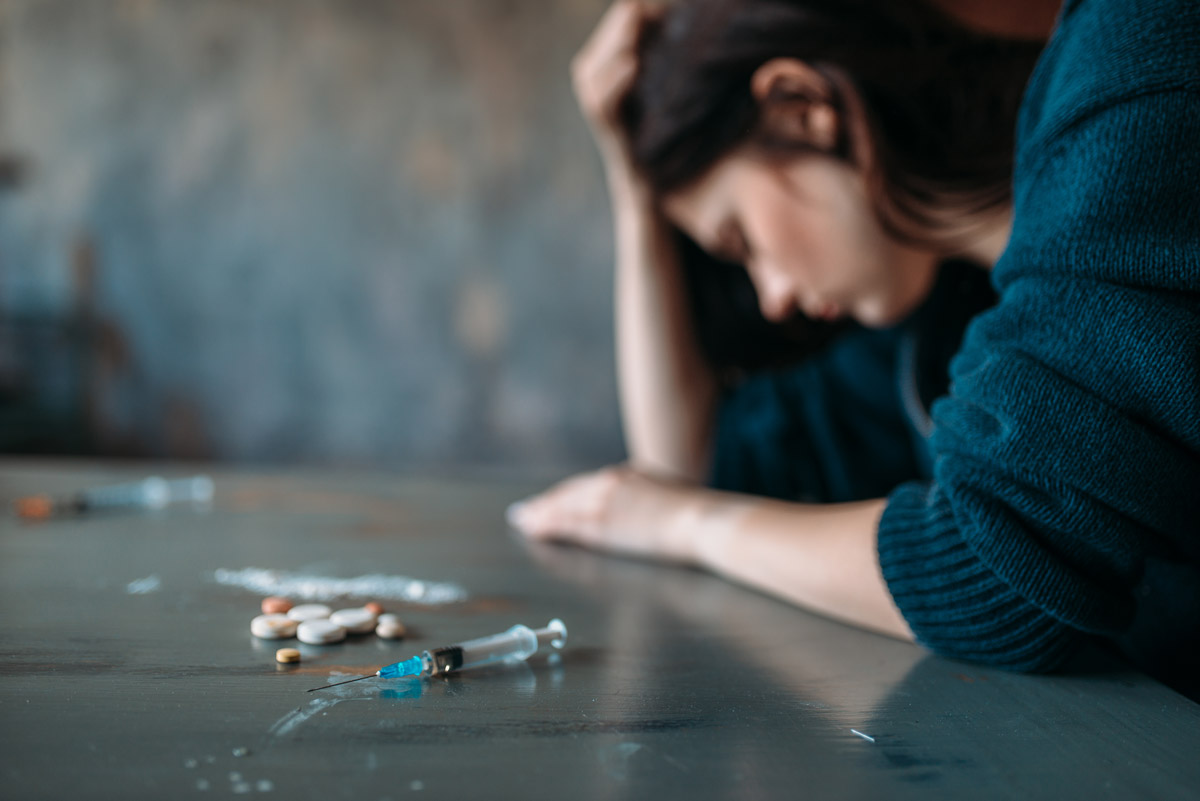Have you ever wondered about the impact of substance abuse on your health? Perhaps you or someone close to you is battling with substance addiction and concerned about its long-term effects. The fear of cancer, a leading cause of death worldwide, often looms large in such situations. At Soledad House, we understand your worries and aim to shed light on the critical question: Can substance abuse cause cancer?
The Direct Link: Substance Abuse and Cancer Risk
When we talk about substance abuse, including the use of alcohol, tobacco, illicit drugs, and even certain prescription meds, we’re not just talking about an immediate hit or buzz. We’re delving into something that affects us deeply, impacting our health in ways we might not immediately see. The conversation often circles back to one harrowing concern: cancer. Research unequivocally links substance abuse to an increased risk of developing various types of cancer. This connection is grounded in the way substances can alter body functions, damage DNA, and lead to harmful mutations.
How Substance Abuse Triggers Cancer Development
Tobacco Smoke: A Potent Carcinogen
Tobacco smoke stands out for its direct association with cancer, primarily due to the presence of numerous carcinogens. These substances directly damage DNA, leading to mutations that can initiate lung, throat, and even bladder cancer. The risk increases with the duration and intensity of tobacco use, making it one of the most preventable causes of cancer worldwide.
Alcohol: Metabolic Pathways to Cancer
The metabolism of alcohol produces acetaldehyde, a toxic compound that has been shown to damage DNA and proteins within the cells. This damage can lead to mutations and cancer in organs such as the liver, breast, and esophagus. The risk is dose-dependent, with higher consumption leading to greater risks, underscoring the importance of moderation or abstention.
Illicit Drugs: Indirect Pathways to Increased Cancer Risk
The use of illicit drugs can indirectly increase cancer risk through several mechanisms. For instance, smoking substances like marijuana introduces carcinogens similar to those found in tobacco smoke. Additionally, the lifestyle associated with illicit drug use, including poor nutrition and risky sexual behaviors, can contribute to the development of cancers. Certain drugs also weaken the immune system, making it harder for the body to fight off cancerous cells.
Prescription Drugs: A Double-Edged Sword
Even certain prescription medications, when misused, can pose a cancer risk. Opioids, for example, are a critical tool in pain management but come with their own set of risks, including a potential link to cancer when abused. The mechanisms aren’t always clear-cut but can involve hormonal imbalances, immune system suppression, or liver damage, further complicating the picture of substance abuse and cancer risk.
Inflammation and Immunosuppression in Cancer Explained
Substance abuse, a complex health issue impacting millions worldwide, is not only associated with immediate health risks but also contributes significantly to long-term conditions, including cancer. One of the critical pathways through which substance abuse heightens cancer risk is through chronic inflammation and immunosuppression. These biological responses can drastically alter the body’s natural defenses against cancer, creating a conducive environment for cancerous cells to grow and proliferate.
Chronic Inflammation: A Catalyst for Cancer
Chronic inflammation is a persistent, low-grade inflammation that can result from prolonged substance abuse. Unlike acute inflammation, which is a healthy and necessary part of the body’s healing process, chronic inflammation can lead to DNA damage and promote the growth of abnormal cells. Substances such as alcohol and certain illicit drugs can cause ongoing liver inflammation, leading to conditions like cirrhosis, which significantly increases the risk of liver cancer.
Inflammation can also stimulate angiogenesis, the process of new blood vessel formation, which provides cancer cells with the nutrients and oxygen they need to grow and spread. This creates a vicious cycle where inflammation both contributes to cancer development and is exacerbated by the growth of cancer cells.
Immunosuppression: Compromising the Body’s Cancer Defense
Immunosuppression, another serious consequence of substance abuse, occurs when the normal function of the immune system is impaired. The immune system is critical in identifying and destroying abnormal cells, including those that could lead to cancer. Substances like alcohol and certain drugs can weaken this immune surveillance, allowing cancer cells to evade detection and continue to grow unchecked.
For instance, alcohol consumption can impair the body’s ability to produce and activate various immune cells, reducing its ability to fight off infections and cancer. Similarly, the use of immunosuppressive illicit drugs can lead to a decreased production of antibodies and other critical components of the immune response, further elevating cancer risk.
The Effect of Poor Lifestyle Choices
Substance abuse often goes hand in hand with other poor lifestyle choices, such as unhealthy diet, physical inactivity, and tobacco use, which can all contribute to increased cancer risk. These factors, combined with chronic inflammation and immunosuppression, create a multifaceted risk environment that significantly elevates the likelihood of cancer development.
Understanding the role of inflammation and immunosuppression in cancer underscores the importance of addressing substance abuse not only from a perspective of addiction recovery but also from a preventive health standpoint. At Soledad House, we emphasize holistic recovery approaches that address both substance abuse and its wider health implications, including the increased risk of cancer. By fostering a supportive environment for overcoming addiction and encouraging healthier lifestyle choices, we aim to mitigate these risks and promote long-term well-being for the women in our care.
Taking Action Against Substance Abuse
If you’re grappling with substance abuse, recognizing these risks is a crucial step toward making a change. At Soledad House, we specialize in women’s mental health and substance abuse recovery, offering a supportive environment for healing and overcoming addiction. Contact Soledad House today. Our team of experts is here to support you through every step of your recovery journey.
FAQs
Can quitting substance abuse reduce my cancer risk?
Absolutely. Quitting substance abuse can significantly lower your risk of developing cancer and other health complications.
Which substances are most strongly linked to cancer?
Tobacco and alcohol are the most significant contributors to cancer risk, followed by illicit drugs and certain prescription medications.
How does Soledad House support recovery from substance abuse?
Soledad House offers comprehensive recovery programs, including therapy, group support, and holistic treatments, tailored to women’s unique needs.
Can lifestyle changes alongside quitting substance abuse improve health outcomes?
Yes, adopting a healthy lifestyle, including proper diet and exercise, can enhance your recovery and overall health.
How can I get help for myself or a loved one struggling with substance abuse?
Reach out to Soledad House today. Our compassionate team is ready to provide the support and guidance needed for recovery.





